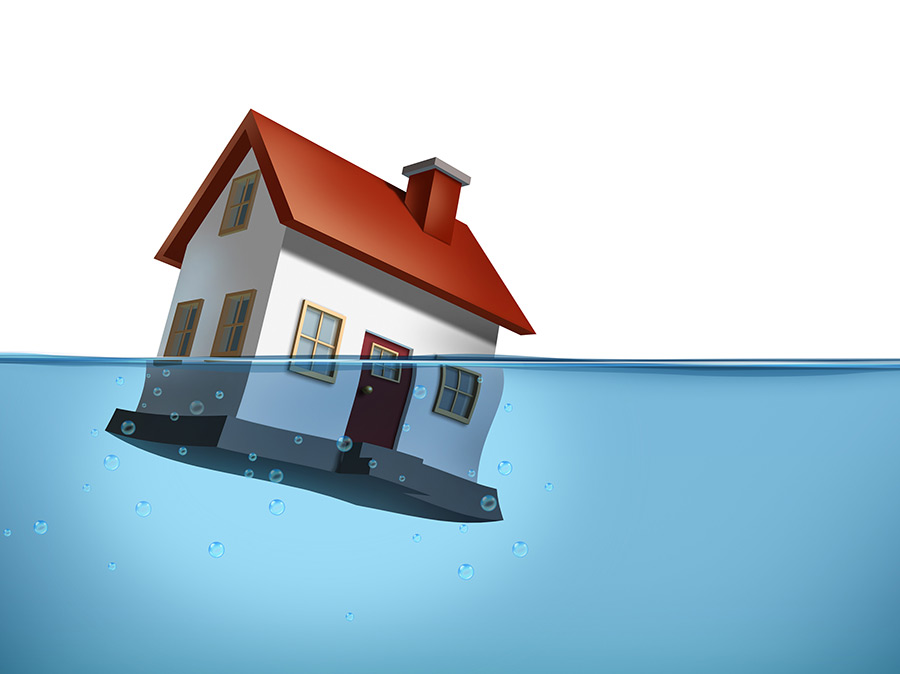Six Factors Behind Common Water Leaks in Homes and Prevention Tips
Six Factors Behind Common Water Leaks in Homes and Prevention Tips
Blog Article
We've noticed the article on How to detect water leaks in your home directly below on the net and felt it made perfect sense to relate it with you here.

Leaks not just trigger waste of water but can additionally trigger unnecessary damages to your house as well as promote undesirable organic development. By recognizing and looking for daily situations that create leaks, you can shield your house from future leakages and unneeded damage.
Instant temperature level changes.
Severe temperature adjustments in our pipes can cause them to broaden and acquire unexpectedly. This development as well as tightening may create fractures in the pipes, particularly if the temperature are below freezing. If you kept an eye on how your plumbing functions, it would certainly be best. The existence of the formerly mentioned scenarios frequently suggests a high threat.
Rusty water supply
As time passes by, your plumbing system ages as well as deterioration such as rust may start gnawing the pipelines. This might be the root cause of staining or bending on your water pipes. This requires an examination with your plumber instantly. If our plumbing system is old, take into consideration changing the pipes since they are at a greater threat of deterioration than the newer models.
Faulty Pipeline Joints
The factor at which your pipelines link is regularly the weakest link in the waterline. Pipeline joints can degrade gradually, causing water leakages. The bulk of pipeline joints are not conveniently noticeable. If you have loud pipes that make ticking or banging noises, especially when the hot water is turned on, your pipe joints are probably under a great deal of stress. It is suggested to have your plumber evaluate your system annually.
Trespassing roots
A lot of water leaks start outside your house as opposed to inside it. If you discover an abrupt decrease in water pressure, claim in your tap, take time to go out and also examine your lawn. You could notice wet spots or sinkholes in your yard, and that could indicate that tree roots are getting into water lines triggering water to seep out. You can have your plumber check for breach, particularly if you have trees or bushes near your residential property.
Poor Water Connectors
At times, a leakage can be caused by loosened pipes as well as pipes that provide your appliances. In instance of a water connections leakage, you may notice water running straight from the supply line or puddles around your devices.
Blocked Drains
Obstructed drains may be bothersome as well as inconveniencing, yet they can in some cases wind up triggering an overflow bring about rupture pipelines. Keep getting rid of any type of products that might decrease your drains pipes that could block them to stay clear of such hassles.
All the above are reasons for leaks but not all water leaks result from plumbing leakages; some leakages could come from roof covering leaks. All leakages need to be repaired instantly to prevent water damages.
Leaks not only cause waste of water but can likewise cause unneeded damages to your house and also advertise unwanted organic growth. By recognizing and looking for daily scenarios that cause leaks, you can protect your home from future leakages and also unneeded damage. Today, we will certainly look at 6 leak creates that may be triggering your pipes to drip.
At times, a leakage can be created by loose hoses as well as pipelines that supply your devices. In instance of a water connections leakage, you might observe water running straight from the supply line or puddles around your home appliances.
How To Check For Water Leak In Your Home
How To Check for Leaks
The average household's leaks can account for nearly 10,000 gallons of water wasted every year and ten percent of homes have leaks that waste 90 gallons or more per day. Common types of leaks found in the home are worn toilet flappers, dripping faucets, and other leaking valves. These types of leaks are often easy to fix, requiring only a few tools and hardware that can pay for themselves in water savings. Fixing easily corrected household water leaks can save homeowners about 10 percent on their water bills.
To check for leaks in your home, you first need to determine whether you're wasting water and then identify the source of the leak. Here are some tips for finding leaks:
Take a look at your water usage during a colder month, such as January or February. If a family of four exceeds 12,000 gallons per month, there are serious leaks.
Check your water meter before and after a two-hour period when no water is being used. If the meter changes at all, you probably have a leak.
Identify toilet leaks by placing a drop of food coloring in the toilet tank. If any color shows up in the bowl after 10 minutes, you have a leak. (Be sure to flush immediately after the experiment to avoid staining the tank.)
Examine faucet gaskets and pipe fittings for any water on the outside of the pipe to check for surface leaks.
Undetected water leaks can happen without the home or business owner even realizing. If you suspect a water leak, but not able to find the source. It is time to contact a professional water leak detection service, The Leak Doctor.
How To Find a Water Leak In Your Home
https://www.leakdoctor.com/blog/How-To-Check-For-Water-Leak-In-Your-Home_AE197.html

I recently found that piece of writing on Common Water Leaks In House when surfing the web. Sharing is nice. Helping people is fun. I am grateful for your time. Come back soon.
Call Today Report this page